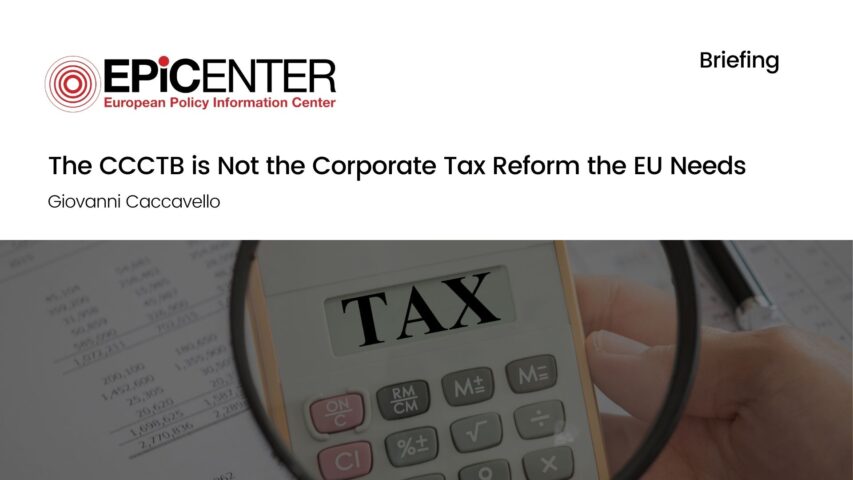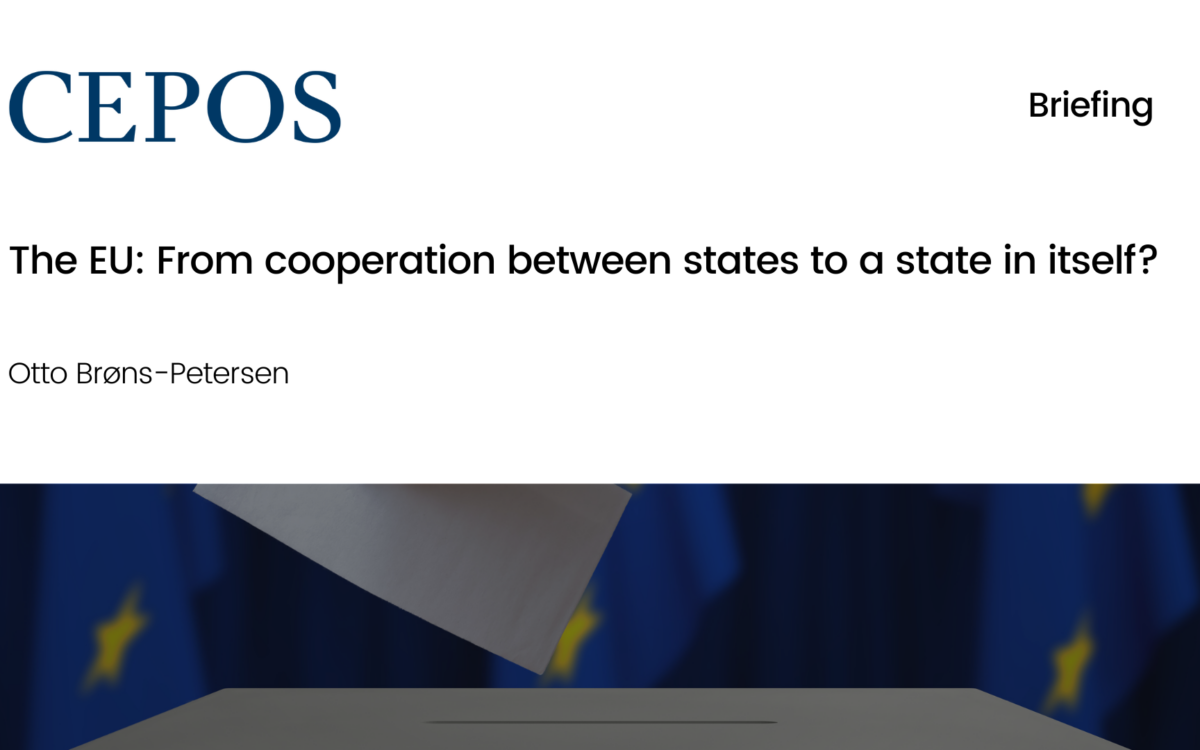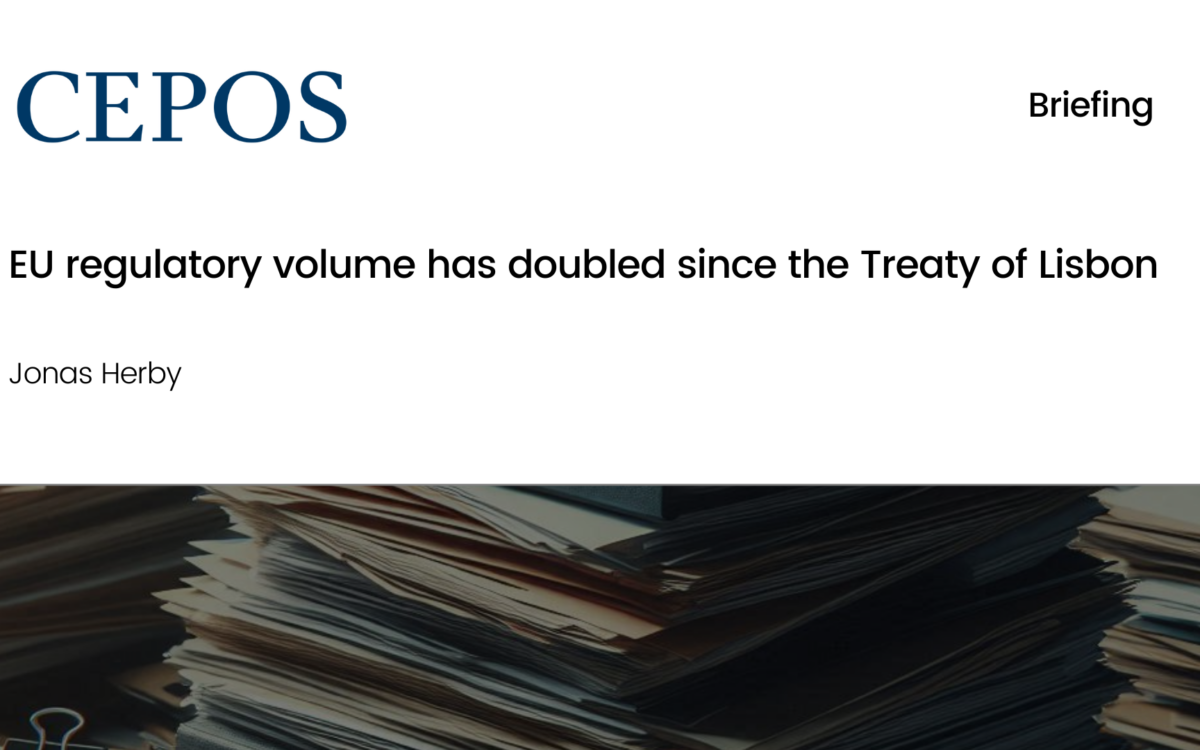The CCCTB is Not the Corporate Tax Reform the EU Needs

The CCCTB is Not the Corporate Tax Reform the EU Needs
August 2017
According to the Commission, the new CCCTB initiative is the most ambitious corporate tax reform ever proposed in the EU. However, despite the most noble intentions, the proposal presents a number of fundamental problems.
First of all, the CCCTB will add an extra layer of regulation to already established international frameworks to tackle tax avoidance, namely the OECD/G20 BEPS project and the EU Anti-Tax-Avoidance Directive (ATAD).
Secondly, the CCCTB undermines Member States’ tax sovereignty. The fairness of their tax systems is a matter for which EU countries are pre-eminently responsible and accountable to their own people. Several countries will be hurt.
Thirdly, CCCTB will create new hurdles for enterprises as it may reduce the scope for business expansion. It is highly likely to increase internal costs and it will impose very large costs of transition into the new system.
Download or share this publication
View the PDF
EPICENTER publications and contributions from our member think tanks are designed to promote the discussion of economic issues and the role of markets in solving economic and social problems. As with all EPICENTER publications, the views expressed here are those of the author and not EPICENTER or its member think tanks (which have no corporate view).



